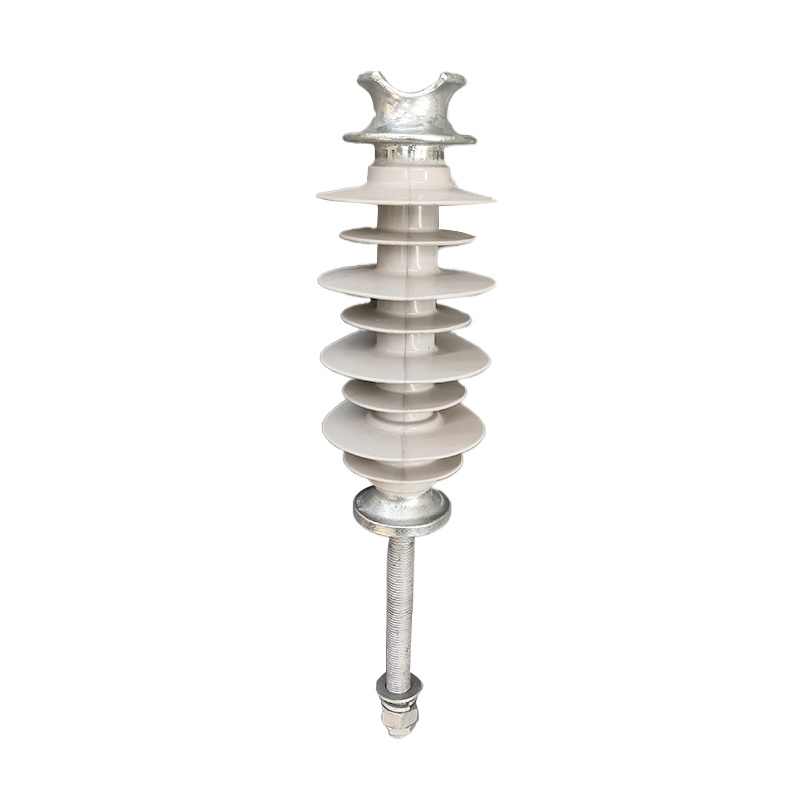
Add:Zhicheng Technology Park, 386 South Second Ring, Wuyao Township, Lianchi District, Baoding City, Hebei Province
Tel:+86 18731278108
Quote Now
Solutions for Your Industry, Ready for Your Choice
Understanding the Benefits of 33kV 70kN Silicone Rubber Suspension Insulators
Release time:
2025-07-17
Among the various types of insulators, the 33kV 70kN silicone rubber suspension insulator stands out due to its unique composition and capabilities.

In the realm of electrical engineering, insulators play a critical role in ensuring the safe and efficient transmission of electricity. Among the various types of insulators, the 33kV 70kN silicone rubber suspension insulator stands out due to its unique composition and capabilities. This article will provide insights into the significance of these insulators, focusing on their design, benefits, and applications.
Silicone rubber suspension insulators are designed to withstand high voltage levels, specifically up to 33kV, making them ideal for use in overhead transmission lines. The "70kN" specification refers to the insulator's mechanical strength, indicating its ability to support substantial loads without deforming or failing. This combination of electrical and mechanical properties makes the 33kV 70kN silicone rubber suspension insulator a reliable choice for utility companies.
One of the most notable advantages of silicone rubber as a material is its exceptional resistance to environmental factors. Silicone rubber insulators are highly resistant to UV radiation, ozone, and extreme temperature fluctuations. This resilience ensures that they maintain their insulating properties over time, even in harsh weather conditions. Unlike traditional porcelain or glass insulators, which can become fragile and prone to failure, silicone rubber insulators remain robust and functional, reducing maintenance costs and enhancing overall system reliability.

Additionally, silicone rubber suspension insulators exhibit excellent hydrophobic properties, which means they repel water rather than allowing it to accumulate on their surfaces. This feature is particularly beneficial in preventing contamination and flashover during rainy or humid conditions, which can lead to power outages and safety hazards. By minimizing the risk of electrical faults, these insulators contribute to a more stable power supply and improved service continuity.
Another critical aspect of the 33kV 70kN silicone rubber suspension insulator is its lightweight design. This characteristic simplifies installation, allowing for easier handling and quicker setup compared to heavier insulators. Utility companies can significantly reduce installation times and labor costs, making silicone rubber insulators a cost-effective solution for new installations and replacements alike.
In conclusion, the 33kV 70kN silicone rubber suspension insulator is an excellent choice for ensuring the effective transmission of electrical power. With its high voltage capacity, mechanical strength, environmental resilience, and lightweight design, this insulator significantly enhances the reliability and efficiency of overhead power lines. As the demand for efficient and reliable energy transmission continues to grow, silicone rubber suspension insulators are poised to play a vital role in modern electrical infrastructure.
Related News
Contact Us
Add:Zhicheng Technology Park, 386 South Second Ring, Wuyao Township, Lianchi District, Baoding City, Hebei Province
Tel:+8618731278108
Whatsapp:+8618731278108
Advisory message


